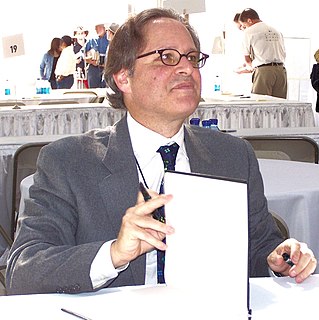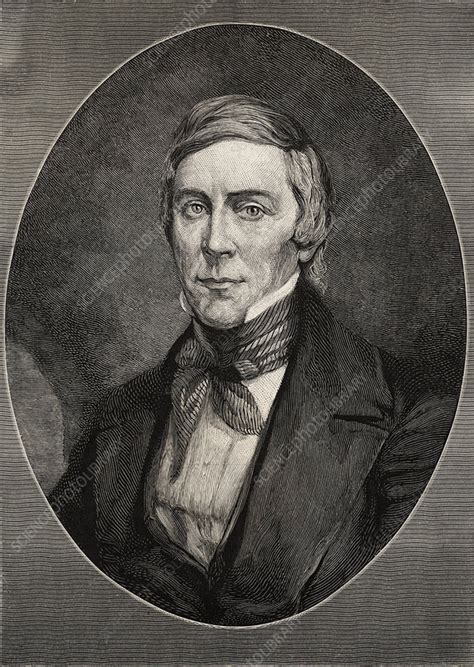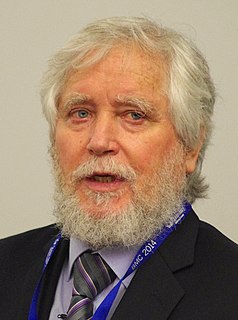A Quote by Nomy Arpaly
I think that if your tenure case depends on your proving what you thought was a mathematical theorem and the proposed theorem turns out to be false just before your tenure decision, and you want to get tenure very badly, there is a sense in which it's perfectly understandable and reasonable of you to wish the proposed theorem were true and provable, even if it's logically impossible for it to be.
Related Quotes
If you have to prove a theorem, do not rush. First of all, understand fully what the theorem says, try to see clearly what it means. Then check the theorem; it could be false. Examine the consequences, verify as many particular instances as are needed to convince yourself of the truth. When you have satisfied yourself that the theorem is true, you can start proving it.
You know who has tenure? The pope has tenure. The Queen of England has tenure. So does Fidel and the communists - because they represent the people, of course (scoff). Federal judges have tenure as well - no federal judge has ever successfully been removed. And then there's the college professors. Me. How do you like that?
My father was a university professor and his thing was tenure. Any time I hear a university professor say tenure, I hear the word dinosaur. You're not supposed to be getting tenure. You're supposed to be figuring out how you can teach more students at a better price and more effectively. That's your job.
In the current environment, attributing low student performance to teacher tenure is one of the great unproven causal links out there. The relationship just hasn't been examined very carefully, but we should all recognize that in higher education the strongest institutions generally have the most robust tenure systems, and in elementary and secondary, the states with the strongest teacher unions (and tenure systems) tend to have the highest student performance.
There's only one problem that bothers me. And that's something my theorem [ of Impossibility] really doesn't cover. In my theorem I was assuming people vote sincerely. The trouble with methods where you have three or four classes, I think if people vote sincerely they may well be very satisfactory. The problem is the incentive to misrepresent your vote may be high.
I was an adjunct. I never got tenure, never had it. I was a professor, though. But I never got tenure. I never really wanted tenure, to tell you the truth. Really wasn't - the guys who got - the tenured people were some of, like, the least interesting. And they were people I didn't really like very much anyway.
How can you shorten the subject? That stern struggle with the multiplication table, for many people not yet ended in victory, how can you make it less? Square root, as obdurate as a hardwood stump in a pasturenothing but years of effort can extract it. You can't hurry the process. Or pass from arithmetic to algebra; you can't shoulder your way past quadratic equations or ripple through the binomial theorem. Instead, the other way; your feet are impeded in the tangled growth, your pace slackens, you sink and fall somewhere near the binomial theorem with the calculus in sight on the horizon.
Bells theorem dealt a shattering blow to Einsteins position by showing that the conception of reality as consisting of separate parts, joined by local connections, is incompatible with quantum theory... Bells theorem demonstrates that the universe is fundamentally interconnected, interdependent, and inseparable.
Too much knowledge could be a bad thing. I was lead to the Szemerédi theorem by proving a result, about squares, that Euler had already proven, and I relied on an "obvious" fact, about arithmetical progressions, that was unproved at the time. But that lead me to try and prove that formerly unproved statement- about arithmetical progressions-and that ultimately lead to the Szemerédi Theorem.








































